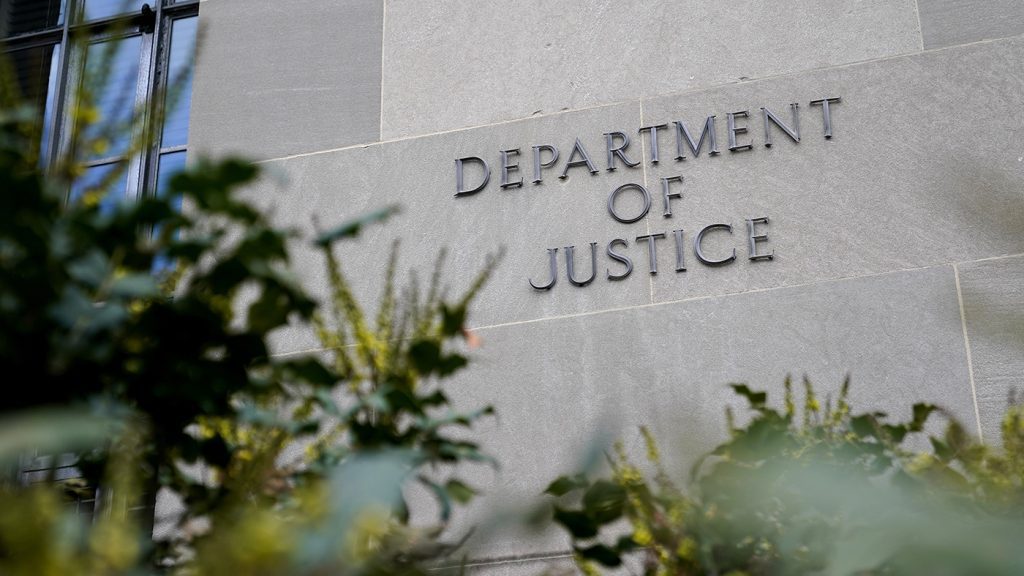The Justice Department stated that the Utah Department of Corrections broke the Americans with Disabilities Act when it did not provide a transgender woman with her hormone therapy.
The state corrections department discriminated against the transgender woman by denying her equal access to health care services and making it difficult for her to get treatment for gender dysphoria.
The Department of Justice's findings revealed that Utah’s corrections department needlessly delayed the woman's treatment for her gender dysphoria.
Federal investigators reported that the woman's mental distress worsened while she was in a men's prison, and she was formally diagnosed with gender dysphoria by a healthcare provider.
A request for gender dysphoria treatment is handled by the department’s gender dysphoria committee, which federal investigators described as the “gatekeeper” of care.
The committee at the time demonstrated bias against transgender individuals seeking care and reluctance to prescribe treatment for gender dysphoria, including hormone therapy.
DOJ Disability Rights Chief Rebecca Bond expressed in her letter that the Utah Corrections Department unnecessarily delayed the woman's access to necessary care due to bias and a prolonged approval process. in a letter The letter was addressed to Brian Redd, executive director of Utah’s corrections department.
It took the department over 15 months to prescribe the woman hormones despite her repeated requests.
Federal investigators found that when the department finally allowed the woman to start treatment, they did not administer her hormones safely and appropriately.
The department rejected additional requests by the woman to buy gender-affirming clothing at the commissary and be assigned female housing, and did not properly address ADA requests.
In her ADA complaint, the woman expressed that the prison is causing her intense mental stress by not allowing her to live as a woman.
The ADA covers gender dysphoria. a federal court made that decision in 2022 The Supreme Court allowed that decision to remain valid According to Bond, the Utah Department of Corrections failed to provide proper health care and failed to allow the complainant to live according to her gender identity due to bias and indifference, which led to severe consequences. The woman resorted to a dangerous self-surgery after being denied adequate gender-affirming health care for nearly two years. in June.
Bond stated that the failures of the state correction department had serious consequences. As a result of being in custody for almost two years without proper gender-affirming health care, the woman performed a risky self-surgery to remove her own testicles in May.
On Tuesday, the DOJ urged Utah’s corrections department to take corrective measures to protect other transgender inmates from harm. The state corrections department will also have to pay damages to the woman, although the amount has not yet been decided.
Redd, the executive director of the department, expressed surprise at the Justice Department’s announcement in an emailed statement.
Redd stated that the department has been addressing the complex issue and disagrees with the DOJ on key matters, expressing disappointment with their approach.
The Justice Department stated that the Utah Department of Corrections violated the Americans with Disabilities Act (ADA) by failing to provide a transgender woman with her hormone therapy. The state corrections department discriminated against the woman, who is not named in court documents, by denying her equal access to health care services and imposing unnecessary…









